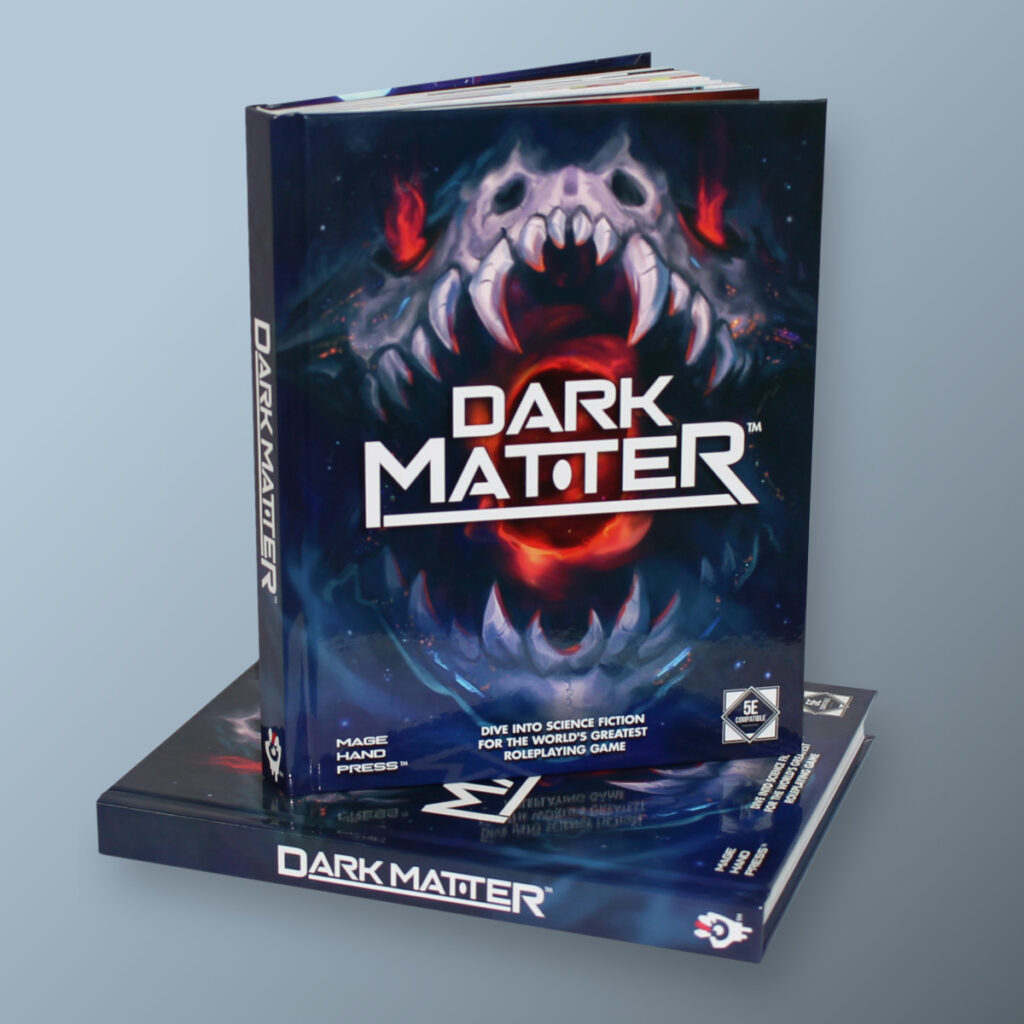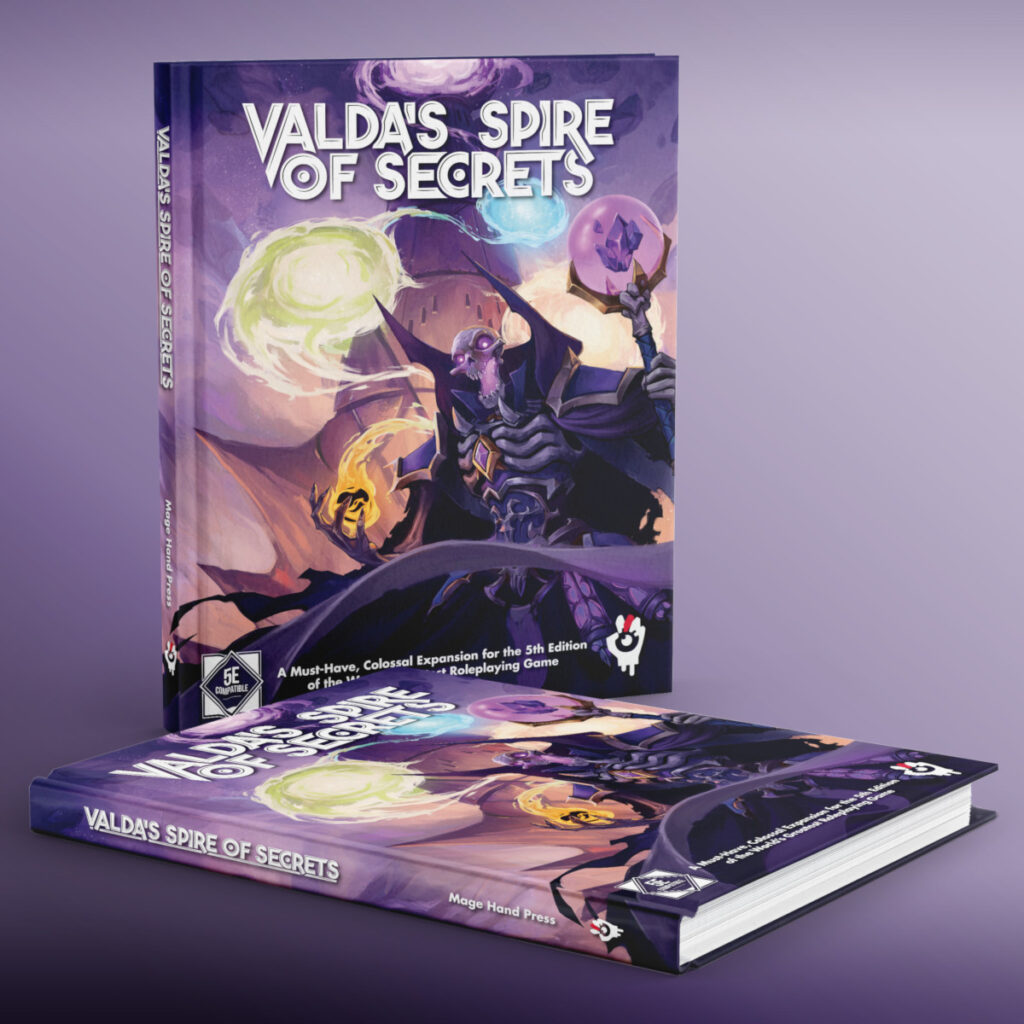Prestige Levels
Using Prestige Levels
Like any base class, prestige levels grant you additional hit points and hit dice. You add together the Hit Dice granted by all your prestige classes to determine your pool of Hit Dice.
Proficiencies and Languages
Prestige Levels
Brawler
Hit Points: 1d8 (5) + your Constitution modifier
Your body is a single deadly weapon, more dangerous and versatile than any sword or arrow. You gain the following benefits:
- You can use Dexterity instead of Strength for the attack and damage rolls of your unarmed strikes.
- Your unarmed strikes deal 1d4 bludgeoning damage. This damage increases to 1d6 when you reach 5th level, 1d8 when you reach 11th level, and 1d10 when you reach 17th level.
- When you use the Attack action with only unarmed strikes, you can make one unarmed strike as a bonus action.
When you are hit by a melee attack, you can roll a d10 and reduce the damage taken by the number rolled. Once you use this ability, you can’t use it again until you finish a long rest.
Clandestine Caster
Hit Dice: 1d6
Hit Points: 1d6 (4) + your Constitution modifier
Skills: Deception
Spellcasting
This prestige level counts as a level in your Spellcasting or Pact Magic class for the purpose of determining your available spell slots. However, it does not advance your spells known and prepared. For example, if you are a Wizard 2/Clandestine Caster, you have four 1st-level spell slots and two 2nd-level spell slots, but you only know 1st-level spells.
Invisible Cantrips
When you cast a cantrip that requires a spell attack roll, you can disguise its casting (including its spell components) and effects as if it were a melee weapon attack. To do this, you must be holding a melee weapon and must target a creature within 5 feet of you. You don’t have disadvantage on this spell attack roll for a hostile creature being within 5 feet of you. The effects of the spell are completely invisible, appearing as if you instead delivered a mighty blow with the weapon.
Subtle Spell
You can cast a spell without any somatic or verbal components. Once you use this feature, you can’t use it again until you finish a short or long rest.
Expert
Diligent research and practice has paid dividends. Through months of effort, you’ve mastered new crafts, honed your skills, trained in combat, or even improved your book-smarts.
Prerequisites: None
Hit Dice: 1d8
Hit Points: 1d8 (5) + your Constitution modifier
Tools: One type of artisan’s tools
Languages: One of your choice
Skills: Choose any two
Expertise
Choose two of your skill proficiencies. Your proficiency bonus is doubled for any ability check you make that uses either of the chosen proficiencies.
Training
You gain proficiency in any three simple or martial weapons of your choice. Additionally, you gain proficiency in light armor. If you already have proficiency in light armor, you gain proficiency in medium armor instead.
Madman
Perhaps the strings in your mind have finally unraveled. Perhaps, they’re merely knotted. Maybe those strings are spaghetti, and you got hungry and ate all the spaghetti, and now you’re not really sure where your brain is. Now that you’re irrevocably insane, you have a unique, unhinged outlook that helps you see things other people miss.
Prerequisites: Have had one or more Indefinite Madness traits
Hit Dice: 1d8
Hit Points: 1d8 (5) + your Constitution modifier
Languages: One chosen randomly be the GM
Tools: One chosen randomly by the GM
Skills: One chosen randomly by the GM
Spellcasting
This prestige level counts as a level in your Spellcasting or Pact Magic class (if you have a level in such a class) for the purpose of determining your available spell slots. However, it does not advance your spells known and prepared. For example, if you are a Wizard 2/Madman, you have four 1st-level spell slots and two 2nd-level spell slots, but you only know 1st-level spells.
Scoundrel
Whether you made some dastardly friends, discovered a love for illicit substance, or merely decided that the law shouldn’t stand in the way of making some coin, you’re in deep with the criminal underworld. You can probably keep your criminal ties under wraps, but you can’t stop looking over your shoulder, for fear that the authorities, or worse, your friends might come calling.
Prerequisites: Have joined a criminal organization
Hit Dice: 1d8
Hit Points: 1d8 (5) + your Constitution modifier
Tools: Thieves’ Tools
Skills: Deception, Sleight of Hand, Stealth
Thieves’ Cant
During your training you learned thieves’ cant, a secret mix of dialect, jargon, and code that allows you to hide messages in seemingly normal conversation. Only another creature that knows thieves’ cant understands such messages. It takes four times longer to convey such a message than it does to speak the same idea plainly.
In addition, you understand a set of secret signs and symbols used to convey short, simple messages, such as whether an area is dangerous or the territory of a thieves’ guild, whether loot is nearby, or whether the people in an area are easy marks or will provide a safe house for thieves on the run.
Secret
When you gain this prestige level, choose one falsehood about yourself that you practice until you can recite it perfectly. This falsehood can be a single lie or an entire false history. You never need to make a Deception check for this falsehood.
Craven
When a creature you can see misses you with a melee attack, you can use your reaction to move 5 feet without provoking opportunity attacks.
Survivor
When it was all over, only you survived. Your close brush with death has robbed the reaper of its sting, and taught you a few hard-learned lessons about escaping death’s clutches.
Prerequisites: Survive a combat encounter with 1 hit point remaining
Hit Dice: 1d12
Hit Points: 1d12 (7) + your Constitution modifier
Relentless Survival
When you are reduced to 0 hit points but not killed outright, you can drop to 1 hit point instead. You can’t use this feature again until you finish a long rest.
Breather
You can take a breather, a minute of downtime during which you compose yourself and mend your wounds. When you do so, you can spend one Hit Die, as if you finished a short rest. Once you use this feature, you can’t use it again until you finish a short or long rest.



